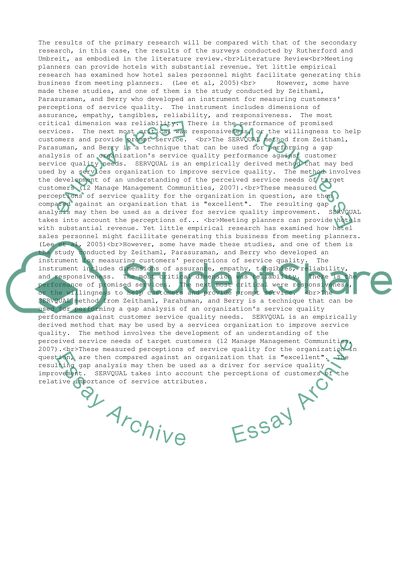Cite this document
(“Improving Interactions between Meeting Planners and Hotel Employees Research Paper”, n.d.)
Improving Interactions between Meeting Planners and Hotel Employees Research Paper. Retrieved from https://studentshare.org/business/1522100-improving-interactions-between-meeting-planners-and-hotel-employees
Improving Interactions between Meeting Planners and Hotel Employees Research Paper. Retrieved from https://studentshare.org/business/1522100-improving-interactions-between-meeting-planners-and-hotel-employees
(Improving Interactions Between Meeting Planners and Hotel Employees Research Paper)
Improving Interactions Between Meeting Planners and Hotel Employees Research Paper. https://studentshare.org/business/1522100-improving-interactions-between-meeting-planners-and-hotel-employees.
Improving Interactions Between Meeting Planners and Hotel Employees Research Paper. https://studentshare.org/business/1522100-improving-interactions-between-meeting-planners-and-hotel-employees.
“Improving Interactions Between Meeting Planners and Hotel Employees Research Paper”, n.d. https://studentshare.org/business/1522100-improving-interactions-between-meeting-planners-and-hotel-employees.


